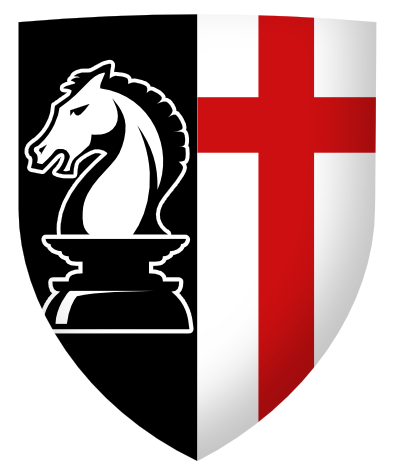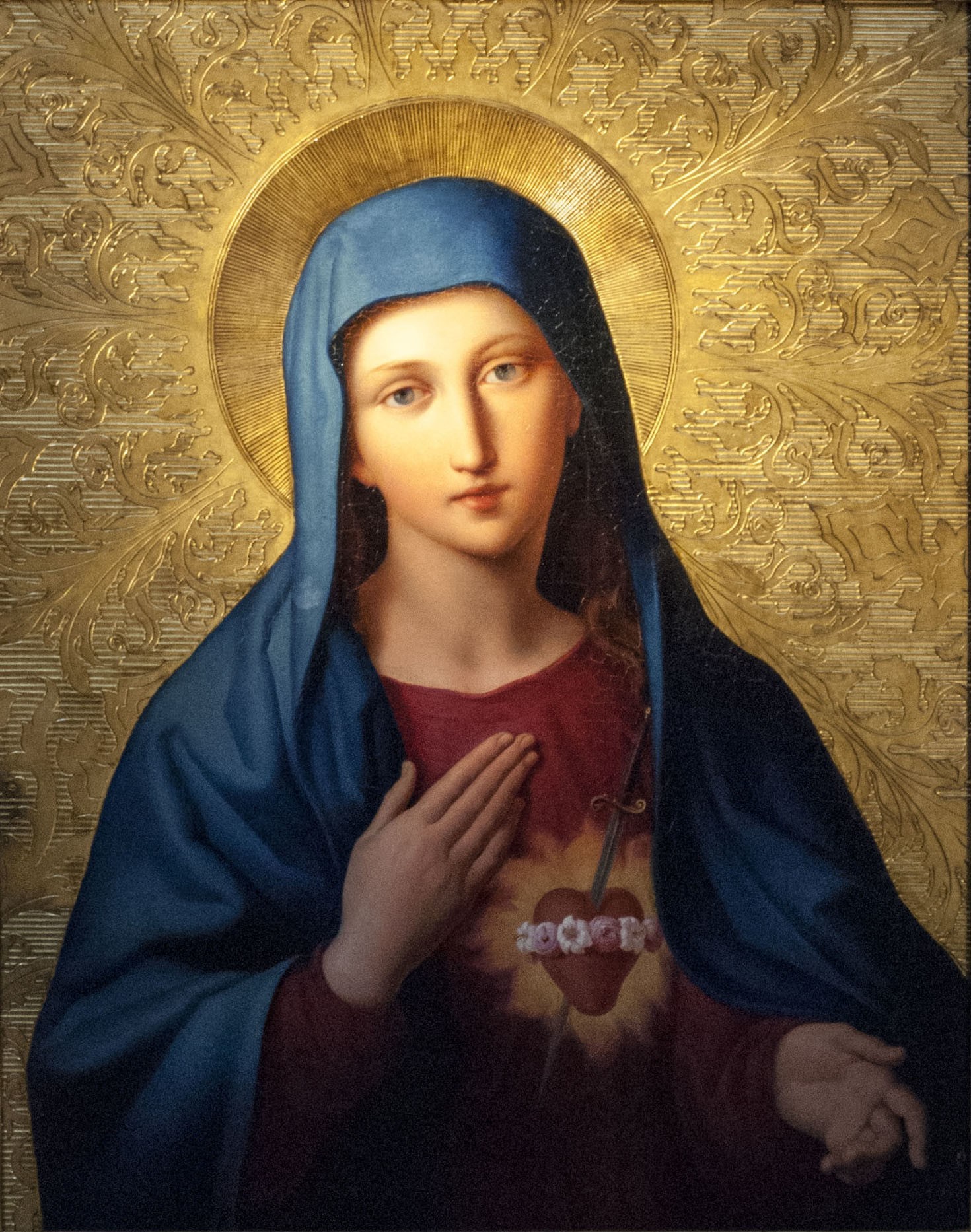The Code of Chivalry
The Knights of the Virgin is an international military order of Catholic knighthood whose members strive to live out the code of chivalry in honor of the Blessed Virgin Mary.
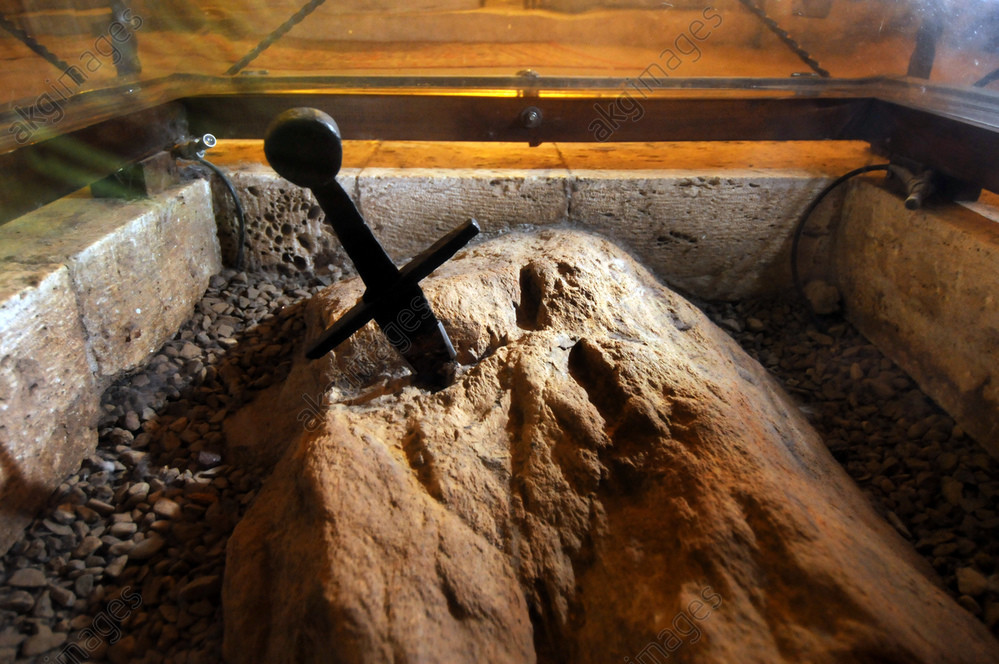
Chivalry was the code of conduct practiced by Medieval European knights.
Chivalry was a compound made up of two distinct elements.
Its first element was made up of a Warrior Ethos. The warrior ethos, according to Steven Pressfield, "... evolved as a counterpoise to fear." It "embodies certain virtues-courage, honor, loyalty, integrity, selflessness and others-that most warrior societies believe must be inculcated from birth.” Various warrior cultures in sundry places expected their soldiers to practice some form of warrior ethos such as that of the Laconians of the city of Sparta, or the Habitus of the Romans, and later the Bushido Code of the Japanese Samurai.
The warrior ethos contained in the code of chivalry consisted of the following warrior virtues: Prowess, Valor, Honor, Duty, Service, Loyalty, Glory, & Nobility.
But it should be noted that these military virtues embraced by the ancient world are unbridled by any other virtues. In the classical world "Might makes Right" or as Sir John Dalberg-Acton put it; "Power tends to corrupt, and absolute power corrupts absolutely. Great men are almost always bad men..." Thus, the heroes of old, whether of myth or of historical record, Gilgamesh, King Ninus, Heracles, and Alexander the Great, these were great men in the eyes of the world but they were not good men. The second element that makes up the code of Chivalry caused a revolutionary break with the classical idea of what defines heroism.
As stated, a warrior ethos was common to many warrior cultures but the second element that was grafted on to the warrior ethos was the impulse for a moderation of violence and the practice of Christian virtues.
The part of chivalry that is unique to itself and distinct from every other warrior ethos consists of the following qualities that the knight is expected to embrace: Largess, Courtesy, Meekness, Obedience to the Church, Defense of the Church, Moderation, Justice, Mercy, Defense of the Weak, and Courtesy to Women. These qualities, these virtues, are unique to the European knight up to that point in history, until his influence carried these qualities elsewhere. No warrior culture before him embraced these qualities systematically like the knight because these qualities were the incomparable contribution of Christianity.
“The Creed that created our civilization.”
-G. K. Chesterton
Chivalry has its true origin in the Christian Faith. It takes its philosophical premise from the belief that God became a man and died for all men and then it follows the logic to its natural conclusion, that, then all men have a certain dignity and priceless value. The Christian soldier found himself in somewhat of a dilemma; he was called on to defend home, city, or nation but Christ demanded of him that he must also love his enemy. This conundrum was wrestled over by the early Church Fathers; Tertullian, Origen, and St. Augustine. What came out of it was a theology of the soldier; a deepening understanding of why a soldier might fight and how he ought to behave in obedience to the Gospel even in the extraordinary circumstances of a pitched battle.
You have heard that it hath been said, Thou shalt love thy neighbour, and hate thy enemy. But I say to you, Love your enemies: do good to them that hate you: and pray for them that persecute and calumniate you: That you may be the children of your Father who is in heaven, who maketh his sun to rise upon the good, and bad, and raineth upon the just and the unjust. For if you love them that love you, what reward shall you have? Do not even the publicans this? And if you salute your brethren only, what do you more? Do not also the heathens this?
Matthew 5:43-48
This requirement to charity is the quintessence of chivalry. It is charity that animates the knight and sets him apart from all of the pagan warriors that preceded him. Even though the knight was an imperfect person and but recently raised from barbarism, a sinner who fell, sometimes far from the mark. Nevertheless, his eye was set on that unreachable quixotic star ... perfection of the soul, the forging of a saint, the quest of the Grail. This was the patrimony that he passed down even to the modern world. This is the chivalry that made so great a contribution to western civilization. It was this demand of charity that lead to a movement away from total warfare, to practice courtesy even to enemies, the defense of the weak, and the veneration of womanhood.
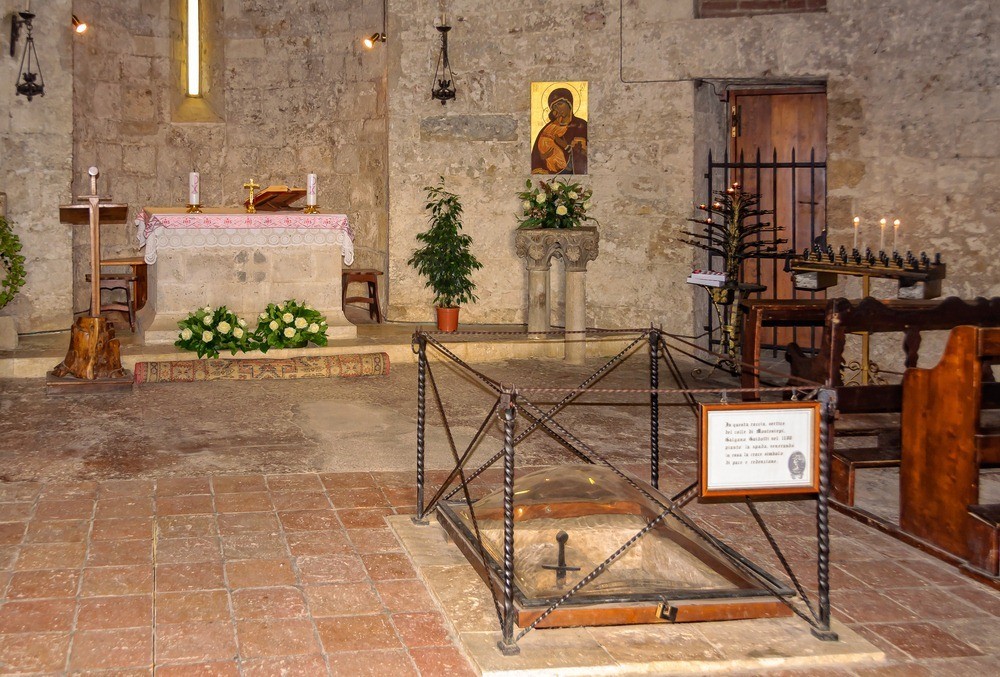
There were a variety of codes of chivalry in history as some regions or local lords would emphasize one aspect of the code or another. Here is a generalized code of chivalry that contains the most common virtues found in most of the codes:
Prowess Largess
Valor Courtesy
Honor Meekness
Duty Obedience to the Church
Service Defense of the Church
Loyalty Moderation
Glory Justice
Nobility Mercy
Defense of the Weak
Courtesy to Women
Here are some examples of codes of chivalry:
To fear God and maintain His Church
To keep faith
To guard the honor of fellow knights
To serve the liege lord in valor and faith
To obey those placed in authority
To persevere to the end in any enterprise begun
To refrain from the wanton giving of offence
To respect the honor of women
To fight for the welfare of all
To despise pecuniary reward
To give succour to widows and orphans
To protect the weak and defenseless
To live by honor and for glory
At all times to speak the truth
To eschew unfairness, meanness and deceit
Never to refuse a challenge from an equal
Never to turn the back upon a foe
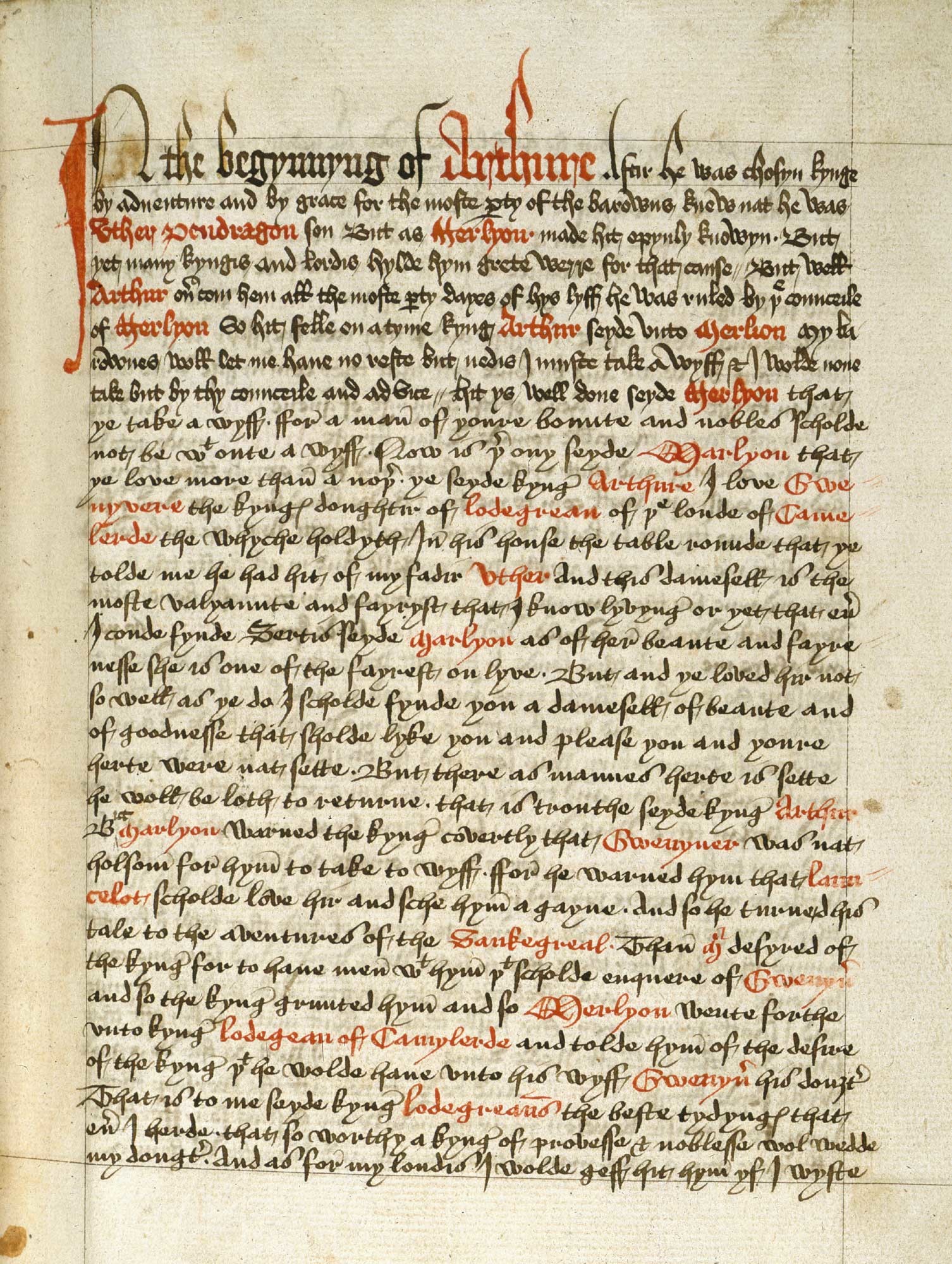
The king stablished all his knights, and gave them that were of lands not rich, he gave them lands, and charged them never to do outrageousity nor murder, and always to flee treason; also, by no mean to be cruel, but to give mercy unto him that asketh mercy, upon pain of forfeiture of their worship and lordship of King Arthur for evermore; and always to do ladies, damosels, and gentlewomen succor upon pain of death. Also, that no man take no battles in a wrongful quarrel for no law, ne for no world’s goods. Unto this were all the knights sworn of the Table Round, both old and young. And every year were they sworn at the high feast of Pentecost.
-excerpt from Le Morte d'Arthur
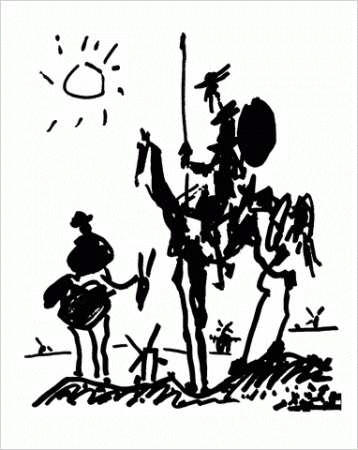
It is the mission of each true knight...
His duty... nay, his privilege!
To dream the impossible dream,
To fight the unbeatable foe,
To bear with unbearable sorrow
To run where the brave dare not go;
To right the unrightable wrong.
To love, pure and chaste, from afar,
To try, when your arms are too weary,
To reach the unreachable star!
This is my Quest to follow that star,
No matter how hopeless, no matter how far,
To fight for the right
Without question or pause,
To be willing to march into hell
For a heavenly cause!
And I know, if I'll only be true
To this glorious Quest,
That my heart will lie peaceful and calm
When I'm laid to my rest.
And the world will be better for this,
That one man, scorned and covered with scars,
Still strove, with his last ounce of courage,
To reach the unreachable star!
-Joe Darion, Man of La Mancha
